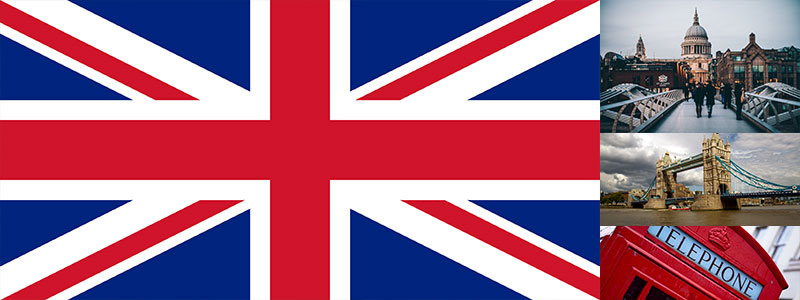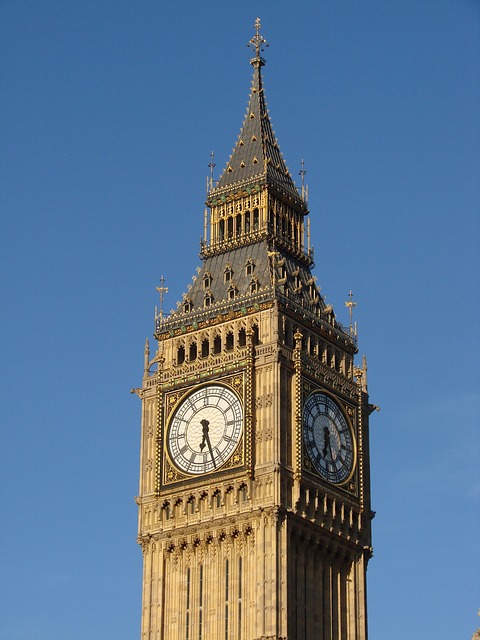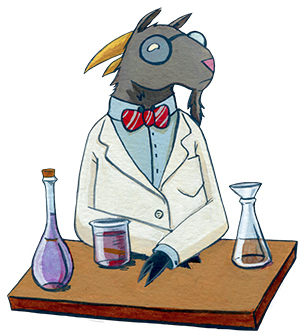Literary Merit and Harry Potter
From Londonhua WIKI
Literary Merit and Harry Potter
 Your Project Page Picture Caption |
It is advised that you click Actions>View Source for this document, and copy the entire contents. Then, create a new page on this site using the title of your project as the page name. Past the copied contents from this template page into your newly created page. Then, rename the "Title of this Milestone" in the top-level heading and infobox above to the name of your project or something appropriate related to your milestone. Change the User "credit" name to link to your profile page. Upload an image of your own that captures the essence of this milestone, then replace the "ProjectPicture.jpg" above with the new image name. Replace "Your Project Page Picture Caption" above with your first and last name. Delete this whole paragraph beneath the Project Title and credit up til but not including the Table of Contents tag __TOC__.
Contents
Abstract
The paragraph should give a three to five sentence abstract about your entire London HUA experience including 1) a summary of the aims of your project, 2) your prior experience with humanities and arts courses and disciplines, and 3) your major takeaways from the experience. This can and should be very similar to the paragraph you use to summarize this milestone on your Profile Page. It should contain your main Objective, so be sure to clearly state a one-sentence statement that summarizes your main objective for this milestone such as "a comparison of the text of Medieval English choral music to that of the Baroque" or it may be a question such as "to what extent did religion influence Christopher Wren's sense of design?"
Introduction
I suggest you save this section for last. Describe the essence of this project. Cover what the project is and who cares in the first two sentences. Then cover what others have done like it, how your project is different. Discuss the extent to which your strategy for completing this project was new to you, or an extension of previous HUA experiences.
As you continue to think about your project milestones, reread the "Goals" narrative on defining project milestones from the HU2900 syllabus. Remember: the idea is to have equip your milestone with a really solid background and then some sort of "thing that you do". You'll need to add in some narrative to describe why you did the "thing that you did", which you'd probably want to do anyway. You can make it easy for your advisors to give you a high grade by ensuring that your project milestone work reflects careful, considerate, and comprehensive thought and effort in terms of your background review, and insightful, cumulative, and methodical approaches toward the creative components of your project milestone deliverables.
Section 1: Background
Literary Merit
Vagueness of lit merit(4)
aspects that effect lit merit
time(4,6,7)
popularity(5)
target audience(5)
what is Canon(6,7)
criteria to become canon/ opening canon(6,7)
Most people have an understanding of what literary merit means; However, there is no solid definition of what gives a work literary merit. Part of what make literary merit so hard to understand is that it can not be judged on a absolute scale. A work can relatively have more merit than another, however there is no standard on judging merit between books. This means that how someone would rank literary merit depends on their background and what they personally deem important. (Source 4)
There is still some consensus that certain works, like Shakespeare's plays, do have a high amount of literary merit while others, such as something written by a third grader, do not. Three of the factors that effect how people perceive a work's literary merit are how long it's been discussed, how popular it is, and its target audience. Time is one of the most significant factors into determining literary merit. Any work that can last over an extended period of time and still be discussed has its quality slowly proven.(sources 4,6,7) Having a work last over time means that it did not become discussed solely due to a particular time periods tastes and filters out judgement that do not have to do with the works quality. (source 7)
old stuff I may or may not use once I start writing
Most people have an understanding of what literary merit means; However, there is no solid definition of what causes a work to have literary merit. Some would define it as having enough artistic credibility to be worth reading (source 5). What makes a work wort reading can vary from person to person. Some might find classic more worth reading others might base it more of of complexity and themes. Literary merit can be determined on a relative scale but is to vague to have an absolute scale. Additionally how books rank might vary based on what literary merit is being defined as (source 4). Generally a work is considered to have literary merit if there is clear value in reading it. Due to the history of literature and social class popular book are not typically considered to have literary merit. This is because literature was supposed to exist mainly in the more aristocratic classes while popular defines lower classes.
Harry Potter
Why it's not consider to have literary merit
popularity (5,3,1)
target audience(3,1)
Why last paragraph shouldn't effect literary merit
Children viewed as shallow(1)
comparison to Lord of the Rings and Dickens(1)
benifits of Harry Potter
Characters are more relatable and human while still being heroes (3, 2)
what it teaches, morals,self reliance, perseverance, empathy, accepting diversity, collective responsibility, good v evil, cooping with life (2,1)
teaches a lot of the same strength as more "adult" books ie. Mans Search for Meaning etc. in a much more gentle manner (2)
old stuff I might not use
There are two reasons that Harry Potter is not considered to have literary merit: its target audience and its immediate popularity. Since children's book tend to be simplified there is an assumption that they will not be complex enough to have literary merit (source 5). If a book is too popular it is also considered to lack literary merit because its simple enough for the more common person to enjoy instead of more high class people(source 5). Neither of these factor into the value of the book, This can be seen in the fact that The Lord of the Rings was initially considered to lack literary merit and is still questioned today. Shakespeare was considered to be pop culture when it was written and has unarguable literary merit. I'll write this better later (need a section on complexity and lessons given in Harry Potter should give it literary merit)(time in relation to literary merit)(more sources about the definition of literary merit for first background section)(replace source marks with actual references)
Section 2: Deliverable
In this section, provide your contribution, creative element, assessment, or observation with regard to your background research. This could be a new derivative work based on previous research, or some parallel to other events. In this section, describe the relationship between your background review and your deliverable; make the connection between the two clear.
Whats worth teaching
I honestly have no clue what I'm doing
Subsection 2
...and so on and so forth...
Gallery
Conclusion
In this section, provide a summary or recap of your work, as well as potential areas of further inquiry (for yourself, future students, or other researchers).
References
Add a references section; consult the Help page for details about inserting citations in this page.
Attribution of Work
For milestones completed collaboratively, add a section here detailing the division of labor and work completed as part of this milestone. All collaborators may link to this single milestone article instead of creating duplicate pages. This section is not necessary for milestones completed by a single individual.
External Links
If appropriate, add an external links section
Image Gallery
If appropriate, add an image gallery


